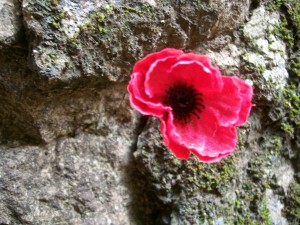
“Age shall not weary them, nor the years condemn. At the going down of the sun and in the morning, We will remember them.”
Today is Remembrance Day: a day which many countries have adopted as a day to reflect on those who have given their lives in conflict.
The date of the 11th November was originally selected to commemorate the cessation of hostilities in the First World War when the German Armistice was signed at the 11th hour of the 11th day of the 11th month in 1918, and although it was initially intended to honour the casualties of the First and Second World Wars it is now used to commemorate those who have given their lives in all conflicts since.
Honouring Armistice Day is something that I have never questioned as the standard two minute silence has been enforced in every school I have attended or worked at, and even the noisiest students understood the importance during this time. As an English teacher I have often taught texts to my classes that deal with warfare from the poets of the Great War to novels such as Regeneration, Captain Corelli’s Mandolin and Atonement and I have a conviction that my students should be exposed to these things.
It is not just the World Wars that should be remembered, but conflicts in Vietnam, Iraq and Afghanistan. Rising tension in the Middle East and conflict in Africa. Dictatorships past and present. All innocent people caught up in warfare and every soldier called to duty for their country has the right to be remembered.
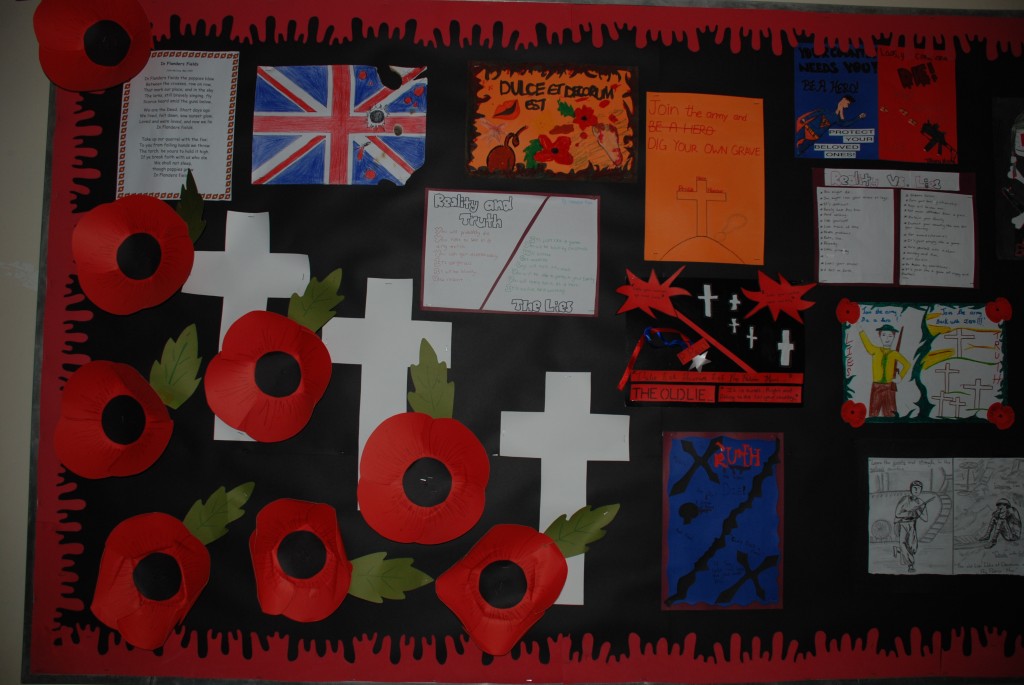
It is difficult for me to comprehend what war is truly like – I have been raised in a time of peace. As a child, the only exposure I had to the threat of violence was news reports of the IRA and later, the threat of the first Gulf conflict. I remember being terrified as scaremongers in the playground talked of Atomic bombs, Nuclear weapons and how World War Three was about to break out (as if it was some kind of sequel), but it all seemed so far away to me.
I did not understand any of these things.
My grandparents’ generation endured two World Wars and my parents’ generation saw the Vietnam War. Having been raised in Coventry my history lessons focused on the sacrifice of Coventry in the Blitz of 1941 – a terrible night that my own grandparents endured.
Other than the stories I have read, I have no comprehension of war and for this I count myself very lucky.
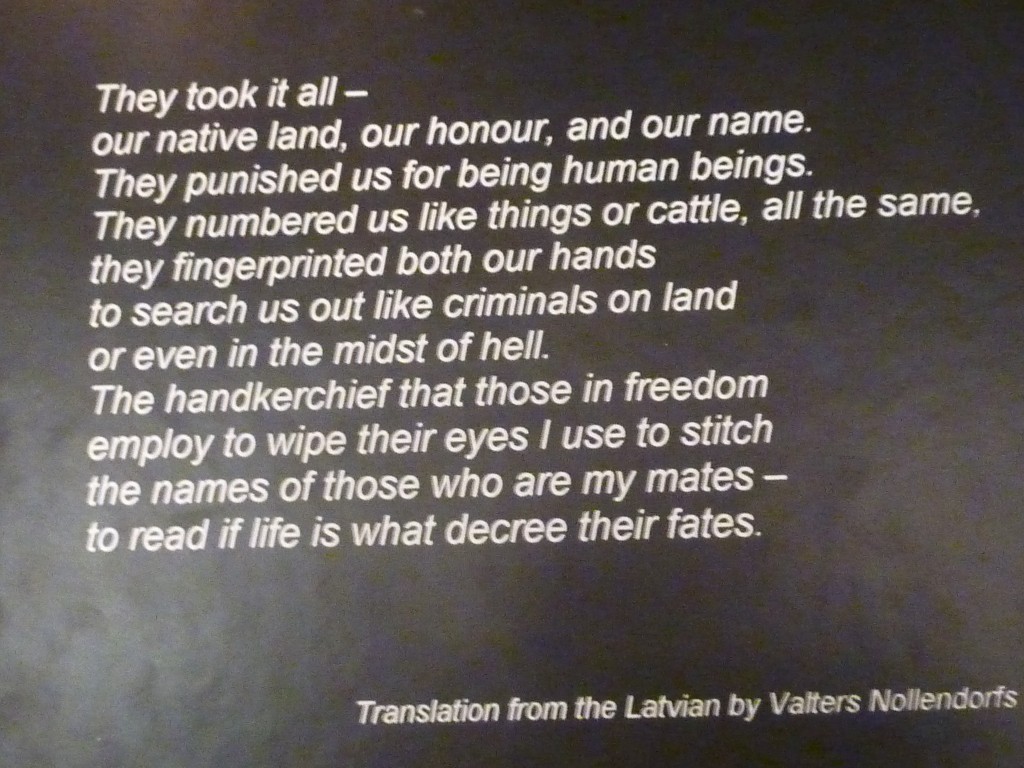
It was not until I began travelling that I began to understand the true scale of War and the lasting effects it has on the people involved. It is hard to live in a country like Japan, or Vietnam and not feel the trauma that has been inflicted on innocent civilians. It is hard to visit countries like Estonia, Latvia or Romania and be oblivious to the atrocities that have been committed when one country exerts its power over another. Or when a Government oppresses its own people.
I found it strange last Remembrance Day when Nicklas asked why I was wearing a poppy and I had to explain the significance of Remembrance Day and the symbol of the poppy. Sweden does not commemorate Remembrance Day as they were neutral in the World Wars. Therefore for the first time in my teaching career, and actually for the first year in my life, 11am on the 11th of November passed by without the two-minute silence. There was no Remembrance assembly with the students.
Perhaps Sweden is right to focus on the future rather than dwell on the past, but I think that it is important to reflect on how lucky we are to live in a free country.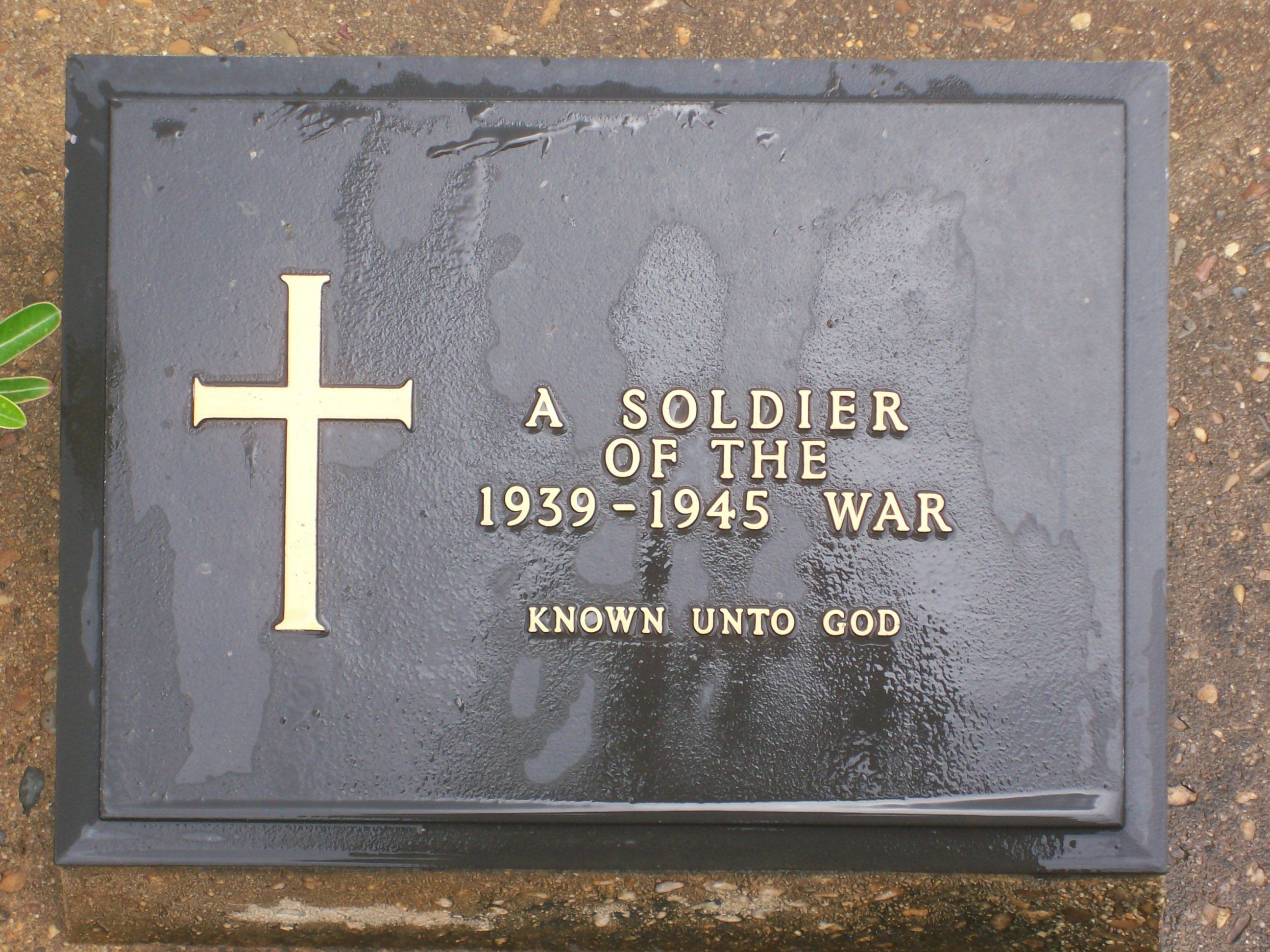
So this is my post to honour all those who have suffered and fallen in conflict around the world.
In Flanders fields the poppies blow
Between the crosses, row on row
That mark our place; and in the sky
The larks, still bravely singing, fly
Scarce heard amid the guns below.
We are the Dead. Short days ago
We lived, felt dawn, saw sunset glow,
Loved and were loved, and now we lie
In Flanders fields.
Take up our quarrel with the foe:
To you from failing hands we throw
The torch; be yours to hold it high.
If ye break faith with us who die
We shall not sleep, though poppies grow
In Flanders fields.
John MacRae

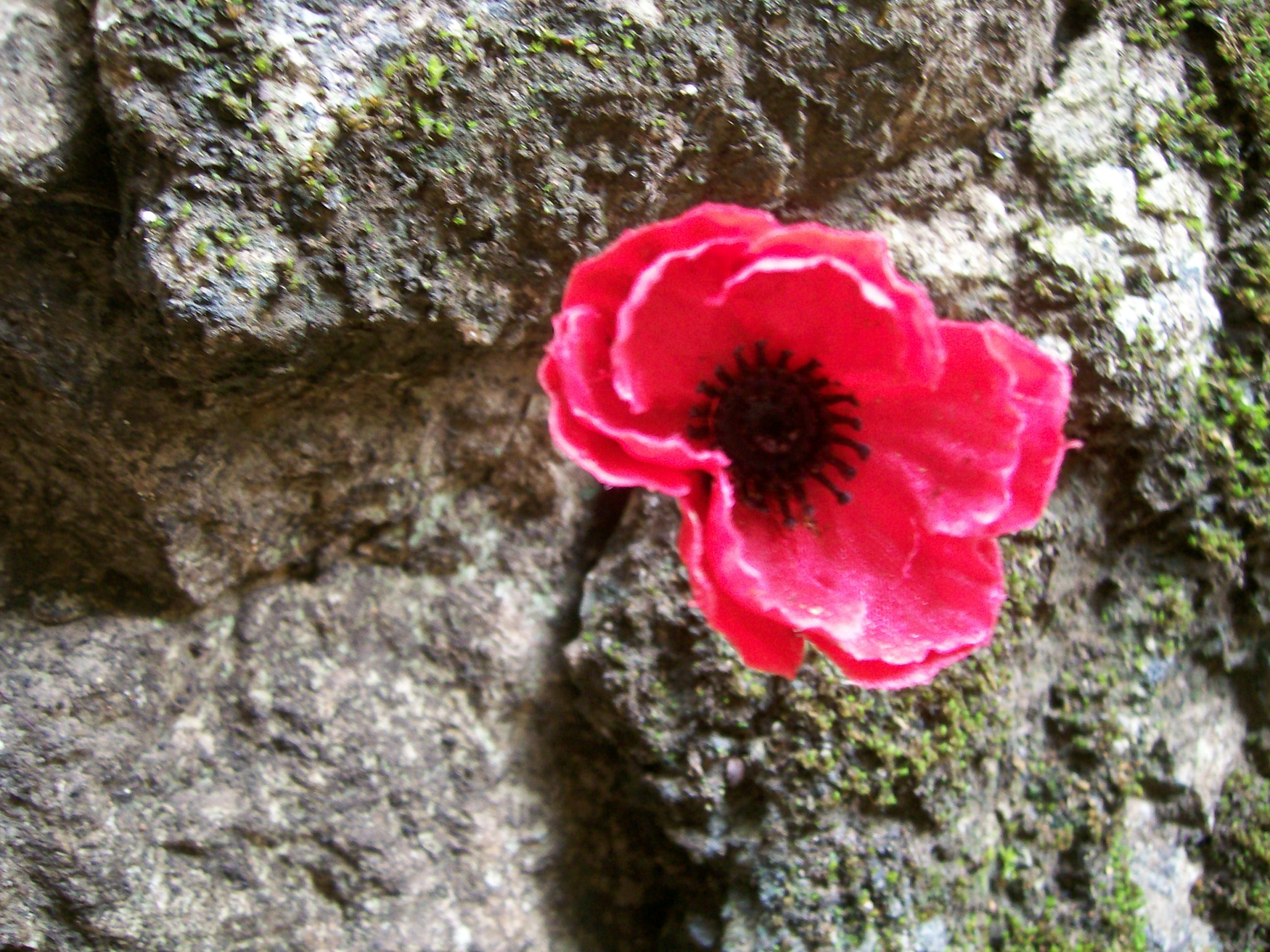
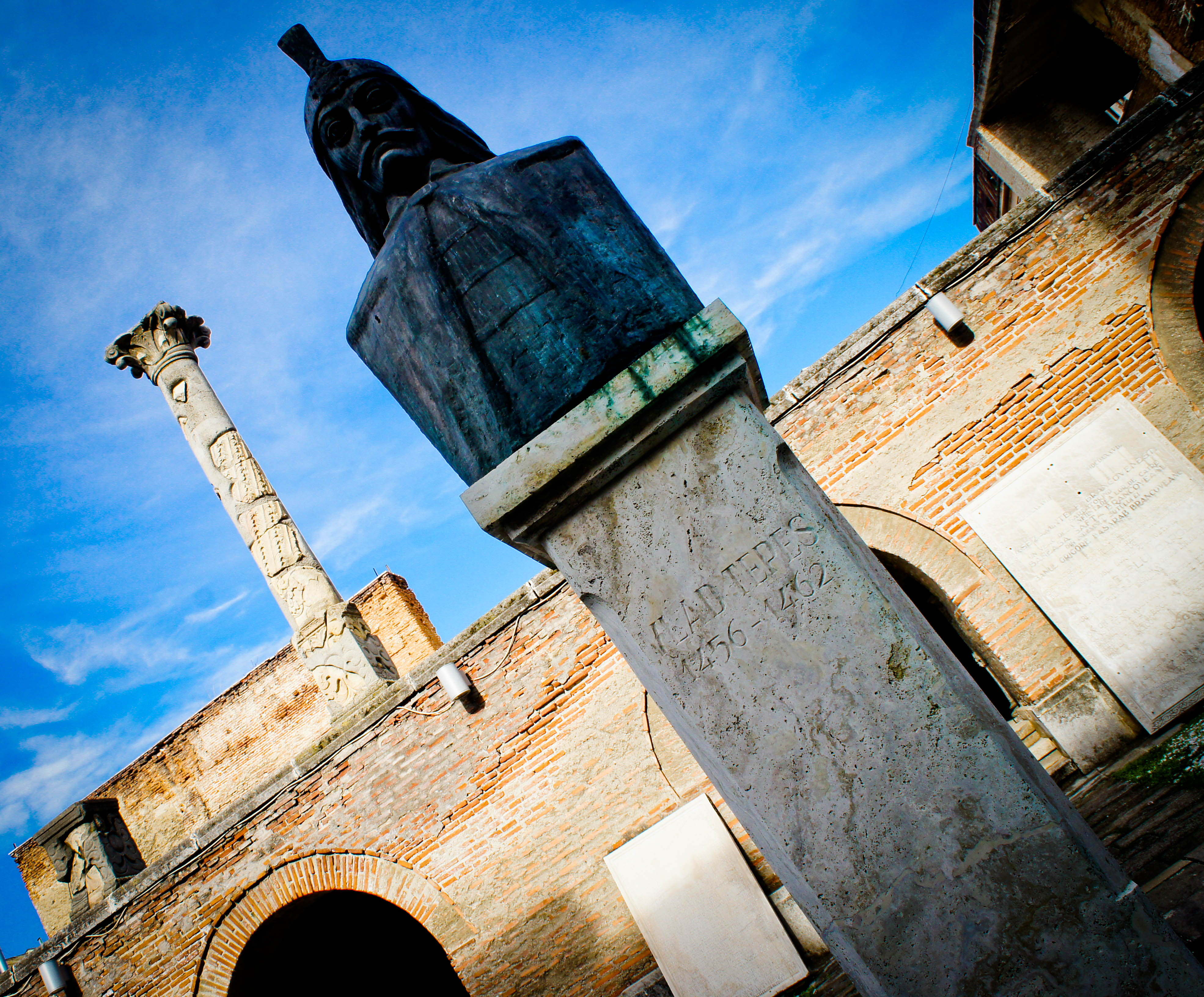
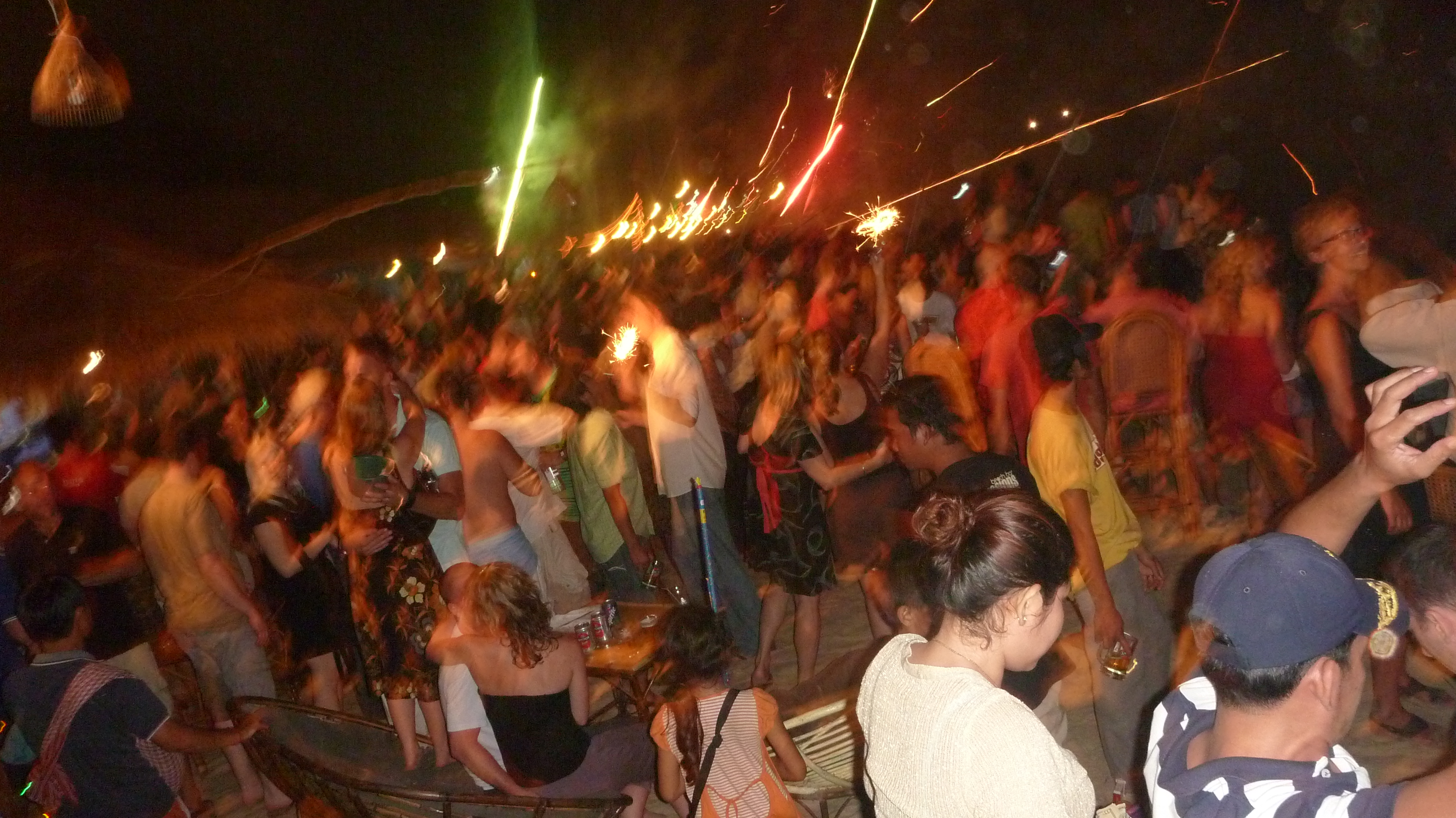
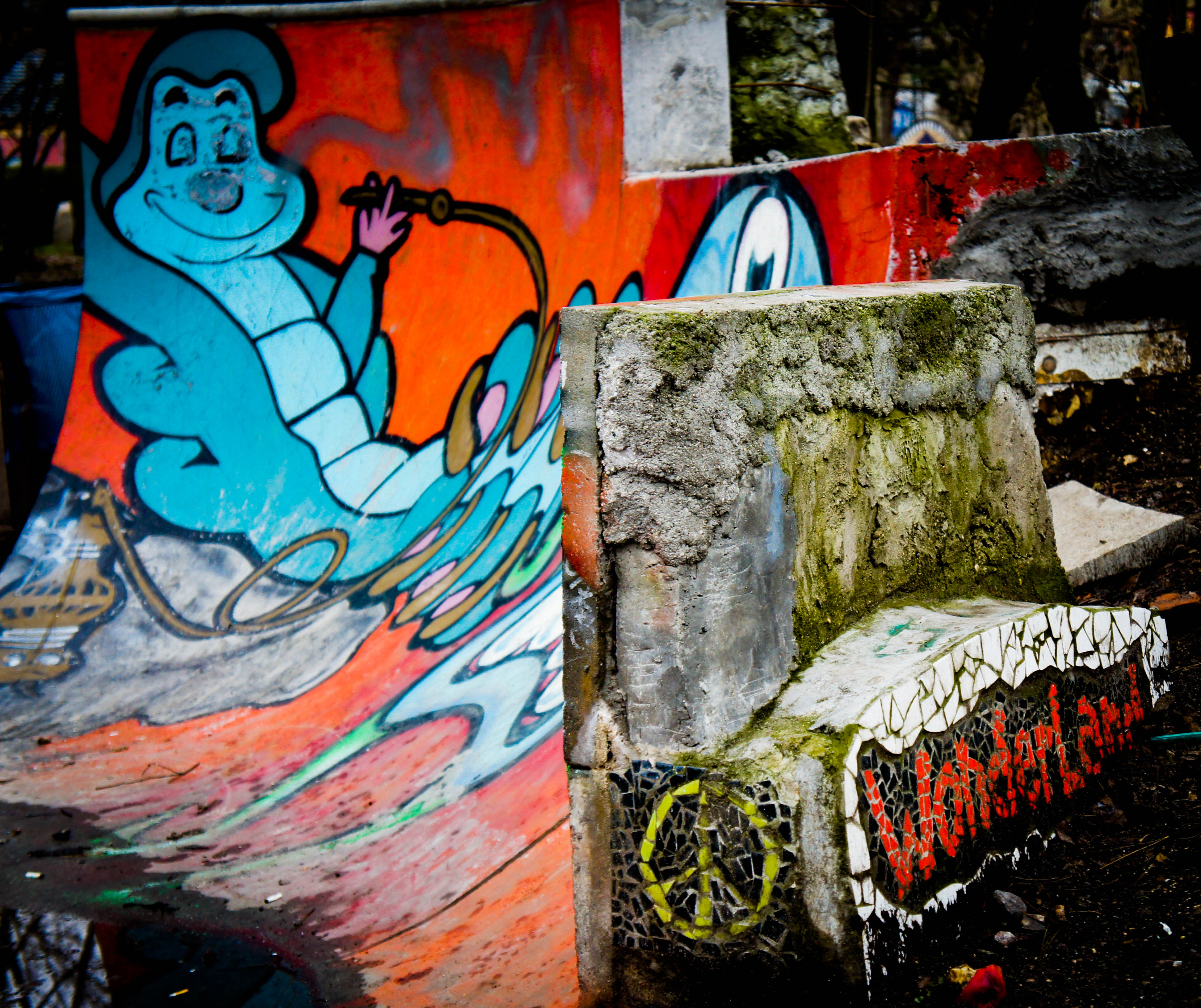
The armistice was actually signed at 5AM, but agreed to come into effect at 11AM Paris time, so there were an extra 6 hours of legitimate (…) war between signing and armistice.
I tried to find the origin of the expression “the eleventh hour”, since I had never seen anything resembling an explanation (and truthfully never given it much thought) until I read this post, and thought “AHA! This must be why.” but some quick searching on the ‘Net seem to suggest that the origin is instead biblical which would suggest this armistice at 11AM 11/11 is, at least partly (I guess they could pick the eleventh hour of the day, but not really wait for 11/11 to occur), coincidental.
What is your take on this, Miss English teacher? 🙂
I think that you are too smart for your own good 😉 Where are your sources for this information?
The 11th hour of the 11th day of the 11th month sounds better than the 5th hour. x
Elaine, same story exactly. Not sure why but my school did not celebrate it this year. It was a strange feeling missing it for the first time. I enjoyed your blog. We have indeed been the lucky generation, I can only hope the future is as peaceful. The mind boggles when I think of the atrocities that we are all capable of.
Oh and I am with you on the 11, 11, 11, out numbered and out voted Nicklas!